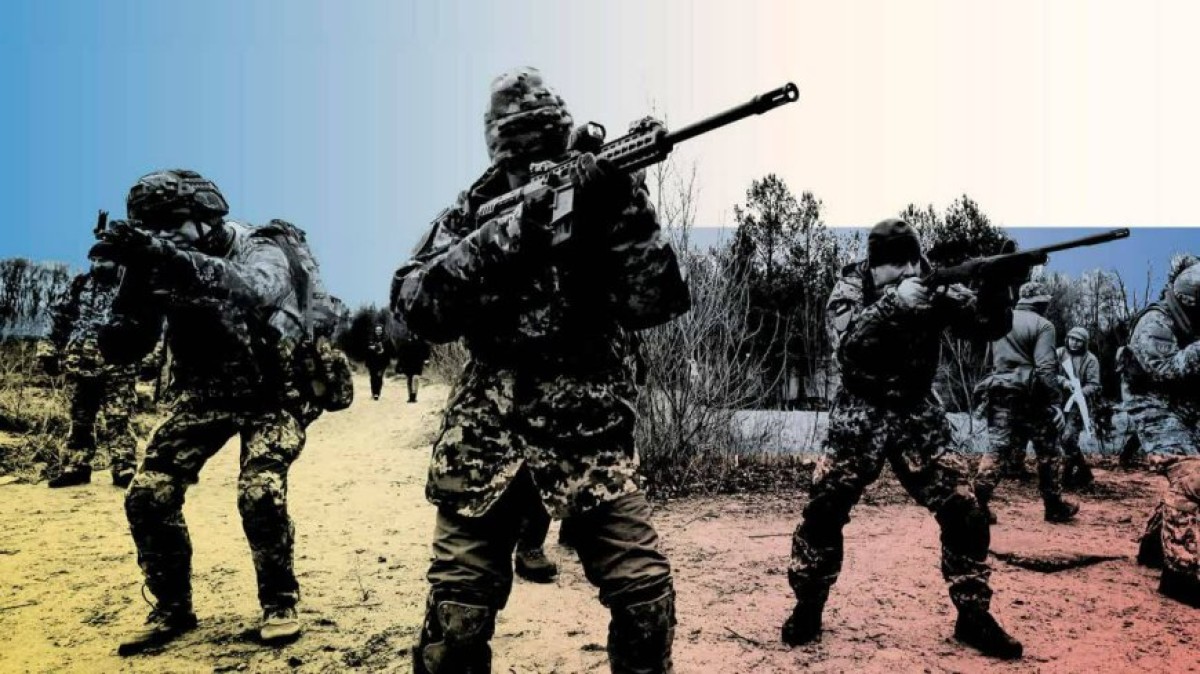 3172
3172
By: M. Sharifi
This article seeks to examine the strategies employed by the United States and its Western allies to counter Moscow's actions during the war in Ukraine. Focusing on the provision of military support to the regime in Ukraine and the imposition of sanctions on the Kremlin, the article assesses the effectiveness and implication of these futile strategies.
1. Introduction
The war in Ukraine has surpassed 500 days, prompting the United States and its Western allies to implement strategies aimed at weakening Moscow's military might. This article analyzes the provision of military assistance to Ukraine and the imposition of sanctions on Russia as the primary strategies employed by the West.
2. Military Support to Ukraine
2.1 Depletion of Western Weapons Stockpiles
European governments, acting in accordance with the United States' directives, have supplied Ukraine with weapons since the conflict began. However, reports indicate a significant depletion of weapons stockpiles, with some officials claiming only two weeks' worth of ammunition remains. The delivery of equipment to Ukraine has become sporadic, occurring in small quantities.
2.2 Expenditure on Weapons and Criticisms
The American government alone has reportedly spent over $200 billion on providing weapons to Ukraine. Despite this substantial investment, Joe Biden's administration has not achieved its desired outcome. The decision to send ammunition and cluster bombs has drawn global criticism, with experts warning of the potential escalation of the conflict and the risk of a third world war.
3. Imposition of Sanctions on Russia
The European Union (EU) has imposed ten rounds of sanctions on Russia across various sectors since the onset of the Ukraine crisis. Recently, the EU announced its agreement to implement an eleventh sanctions package against Russia.
3.1 Strengthening the Ban on Indirect Exports
The new EU sanctions package focuses on reinforcing the ban on indirect exports to Russia. This involves imposing export restrictions on non-Russian companies suspected of circumventing sanctions through cooperation with Russia. Additionally, the package emphasizes tightening restrictions on the sale, supply, and transfer of sensitive technologies. The EU also intends to sanction countries accused of collaborating with Moscow, resulting in the blacklisting of 87 organizations supporting Russian military and industrial complexes.
4. Evaluating the Effectiveness of Sanctions
The efficiency and effectiveness of previous sanctions remain in question. They have had limited impact on the Russian economy and have not succeeded in altering Moscow's foreign policy towards Ukraine, as desired by the United States and Europe. Imposing stricter sanctions may lead to reduced trade between Western countries and Russia, potentially causing economic stagnation in the American and European economies. The loss of an important economic market and resources previously dependent on imports from Russia could weaken Europe due to energy resource shortages.
5. Conclusion
This article provides an assessment of the West's strategies against Moscow during the conflict in Ukraine. The provision of military support to Ukraine and the imposition of sanctions on Russia have been the primary approaches adopted. However, the effectiveness of these strategies remains uncertain, as previous sanctions have had limited impact on the Russian economy and foreign policy. The article concludes by highlighting the potential consequences of imposing stricter sanctions on trade and the energy market, which may weaken Europe and have unintended economic ramifications for the West. Further research is needed to explore alternative strategies and their potential for resolving the conflict effectively.
Comment
Post a comment for this article